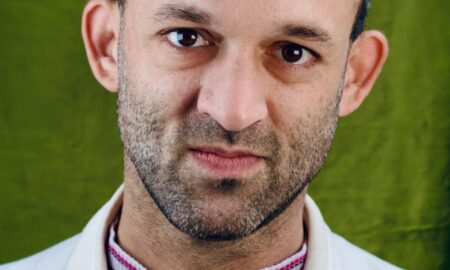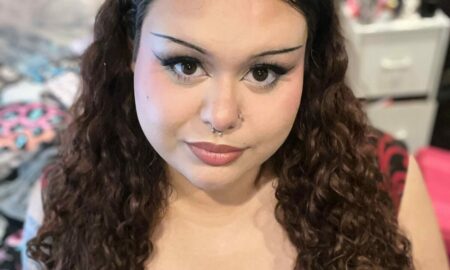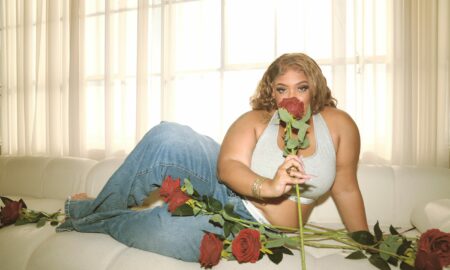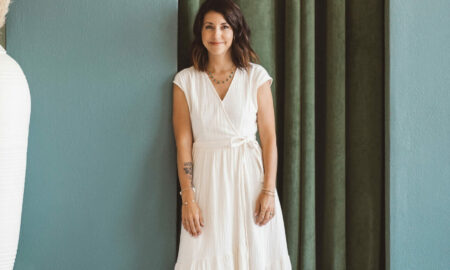

Today we’d like to introduce you to Zekun Mao.
Zekun, let’s start with your story. We’d love to hear how you got started and how the journey has been so far.
I grew up in Beijing, China. I noticed the craft of editing for the first time when I was in high school. It was while I was watching the film Memento. I was so fascinated by how the story was told, that it made me want to know more about filmmaking, especially editing. While attending college in Hong Kong, I was lucky to have the opportunity to work with several documentary filmmakers, including Louisa Wei. Editing is extremely important to documentary filmmaking because it shapes the story in the most fundamental way. Through documentary filmmaking, I realized how much impact editing has on a film.
Overall, has it been relatively smooth? If not, what were some of the struggles along the way?
It has definitely not been a smooth road. My first challenge was learning how to express myself. I really had to step out of my comfort zone. At the beginning, I was so afraid of expressing my own opinions, because I was so afraid of being judged. I didn’t know how to articulate myself. I realized that this comes from a lack of confidence. Gradually, I worked on more and more projects, and proved myself through my editing abilities. When people began to recognise my work, my confidence increased automatically.
In terms of editing itself, the biggest challenge is how to use the footage in the best way. Sometimes, there are performance issues or technical issues. When things like that happen, the biggest challenge is thinking about fixing the problem, while telling the same story. I believe that there is gold in the footage – I just have to find it. Being creative is the most important thing to an editor. I always try to think outside the box, because it can surprise me and push me to my limits.
We’d love to hear more about what you do.
I am known for my work on short films like “Jie Jie,” “Our Way Home,” “Janek/Bastard,” “Ah Gong,” “American Dream,” “Transplant” and more. I have also edited feature films like “And The Dream that Mattered”. My work has been screened at multiple Oscar-qualifying film festivals, such as Palm Springs International ShortFest, Short Shorts Film Festival and Asia, Los Angeles Asian Pacific Film Festival, HollyShorts Film Festival, and many more.
I think the highlight of my career would be winning three Best Editing awards for my work on “Jie Jie”. The film itself won second place at the HBO Asian Pacific American Visionaries Competition, and the film is currently streaming on all HBO platforms. I poured my heart into that project, not only because it was a story that really spoke to me, but also because it was very challenging. I spent a couple of months editing “Jie Jie”. I also spent a lot of time during pre-production, editing the video storyboards with the director and trying to figure out the best version of the story.
I will be working again with the director of “Jie Jie”, Fiona Roan. I am going to edit her feature film, “American Girl”. The story is an expansion of “Jie Jie”. I am also going to work with the director of “Our Way Home” again, Alle Hsu and will be editing her feature film, Queens, which is a fascinating women-centric story.
If you had to go back in time and start over, would you have done anything differently?
I can honestly say that I wouldn’t have done anything differently. Although it’s a hard job, the challenges that come with it are necessary, as they only make you a better filmmaker. If anything, I would have probably started even earlier, as no experience goes to waste.






Getting in touch: VoyageLA is built on recommendations from the community; it’s how we uncover hidden gems, so if you know someone who deserves recognition please let us know here.



















